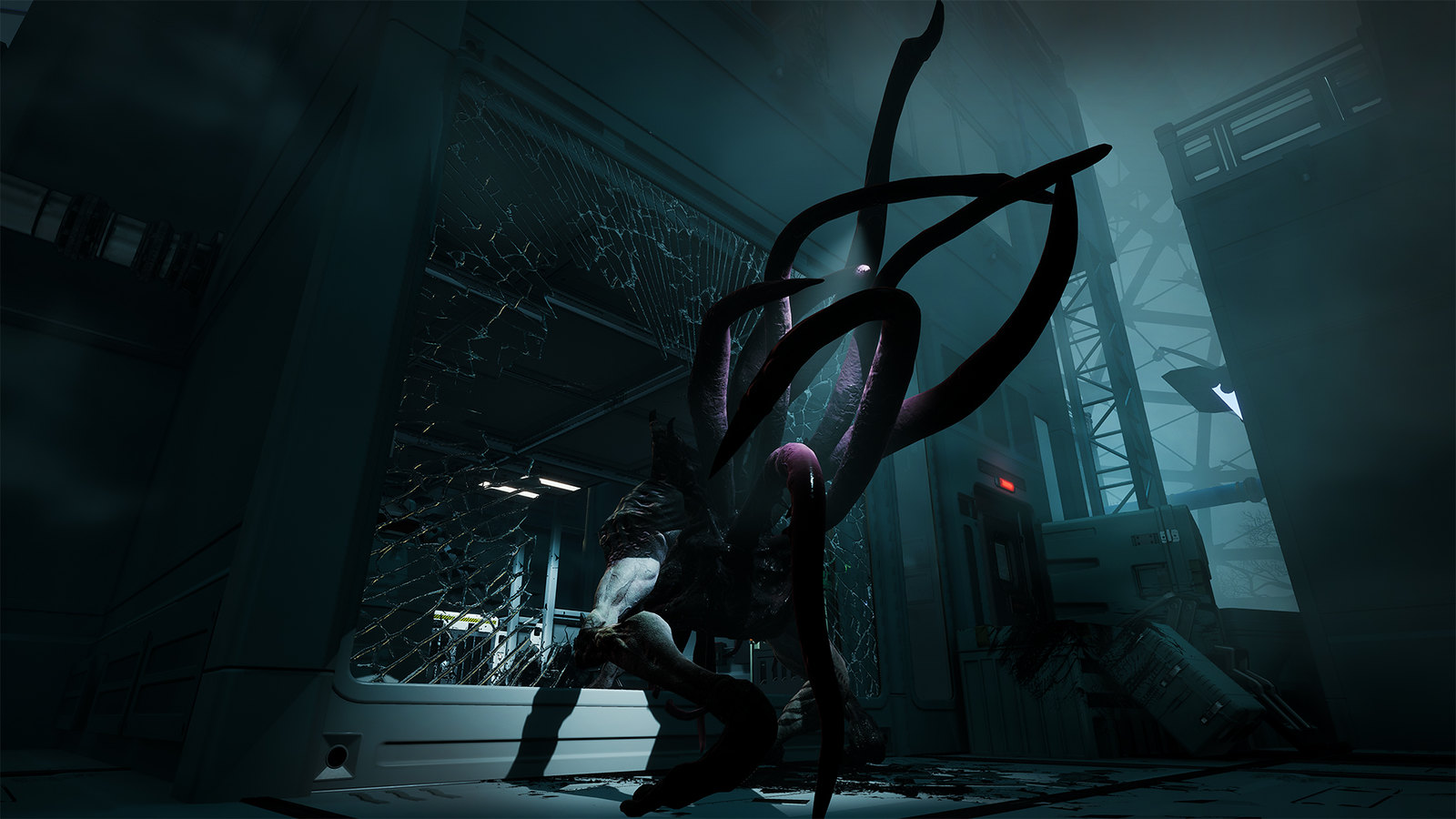

interests or to protect democracy, although they prove more supportive of interventions on behalf of democratic parties that also favor U.S. Respondents do not support interventions solely to advance U.S. We find that there is no taboo against such U.S. This paper uses a new set of surveys and experiments to test hypotheses about what drives the American public’s views of U.S. foreign electoral intervention is scarce. Even though the United States has a long history of intervening in other countries’ elections, evidence about what drives public support for U.S. public support for American interventions in other countries’ elections:įoreign electoral interventions have attracted greater attention since the Russian intervention in the 2016 U.S. Our article (which is behind a paywall but which I’m happy to send!) uses survey experiments to find what affects U.S. Separately, and I’ll have more to say about this, my work with leading election influence expert Dov Levin of the University of Hong Kong has been published in the Journal of Conflict Resolution. It is hard to resist entertaining the possibility that we are living in an alternate reality in which some decision went awry, some mistake was made, that left the would-be reformer to become the architect of his country’s demise. Thinking about Gorbachev’s death in a world far different from the one he intended to make invites reflections about whether our history went wrong and how it could have gone right. Many alternate histories turn on the idea that one wrong step would have led to disaster or salvation. How did we end up in this world, where his death seems like an incidental detail set against a resurgence of war and environmental calamity? Surely, in the prime timeline, his death would be a much bigger deal. Could Gorbachev, who had been one of the most powerful men in the world, really have died in circumstances approaching obscurity while Russia wages a war of conquest against Ukraine ? Imagine describing that scenario in 1985, when Gorbachev became the youngest leader in Soviet history.

The death of Mikhail Gorbachev feels like a news item in one of those stories - a discordant detail in the background to alert us that somehow, somewhen, something went wrong. Even the culturally hegemonic Marvel Cinematic Universe has debuted its multiverse, a commercially scaled version of the idea that there is always an infinity of alternatives. “ For All Mankind ” begins from the premise that the Soviets beat the Americans to land on the moon. The television show “ The Man in the High Castle ” depicted a reality in which the United States lost World War II. The Washington Post ’s Outlook section also invited me to share some reflections on the passing of this giant, which I gladly did -taking as my point of departure the way that Gorbachev’s death seems entirely out of place with what his trajectory looked to be from 1987:Īlternate history is enjoying a modest revival.

As the world’s foremost chronicler of Gorbachev’s Pizza Hut commercial, I had a couple of days of people sharing my Foreign Policy article on the subject and (thoughtfully!) tagging me.

Mikhail Gorbachev’s death bizarrely meant that my Twitter notifications lit up.


 0 kommentar(er)
0 kommentar(er)
